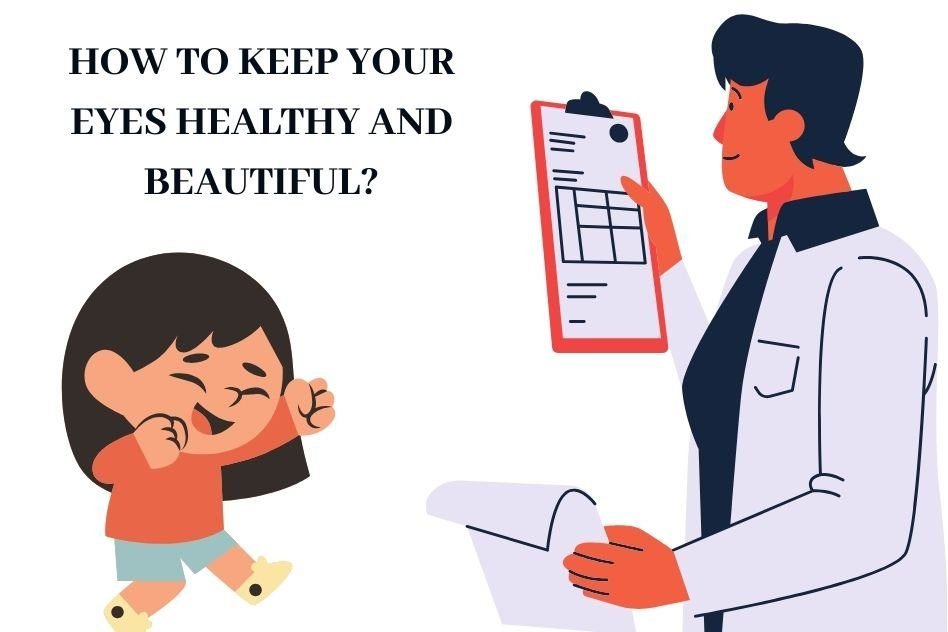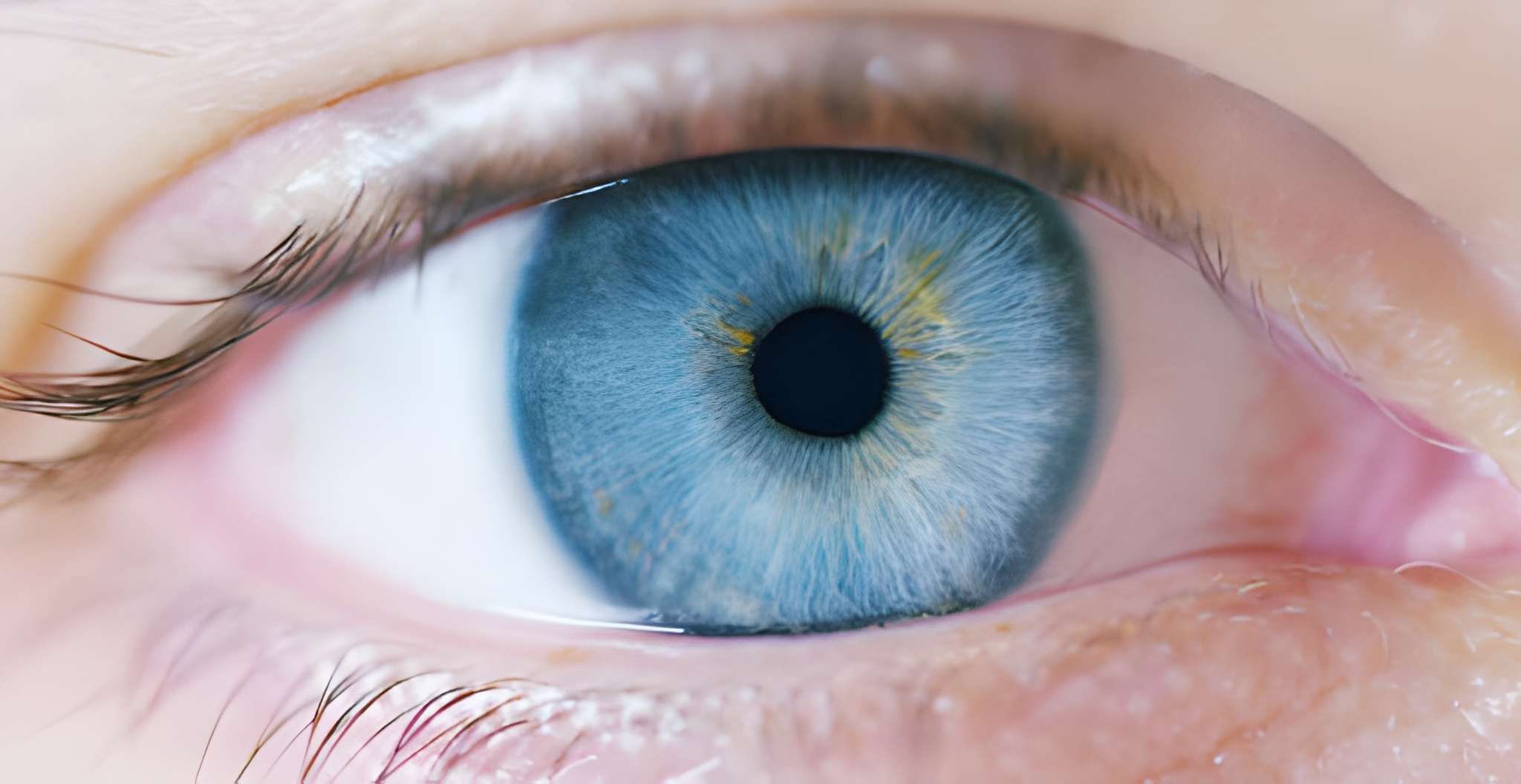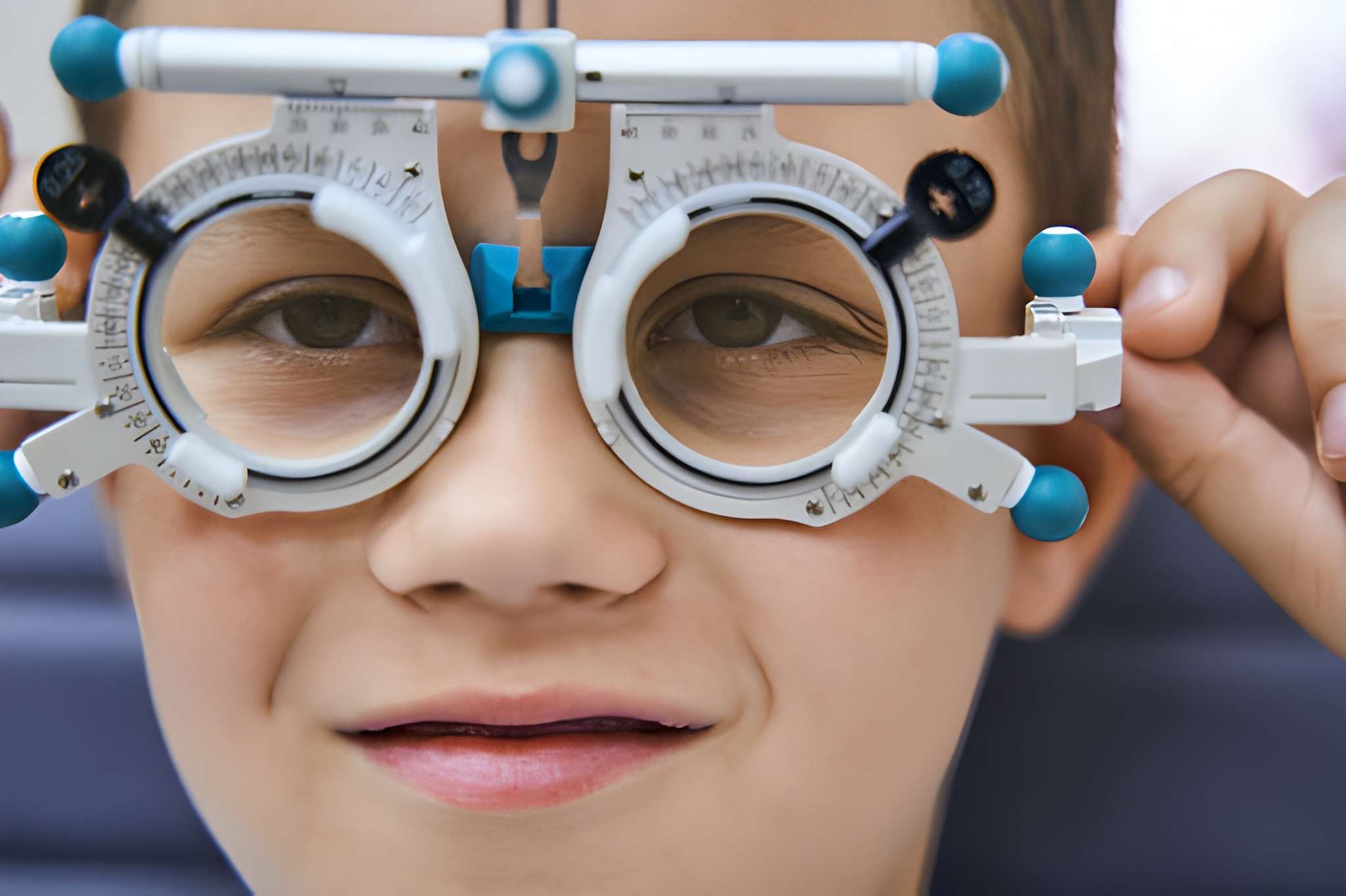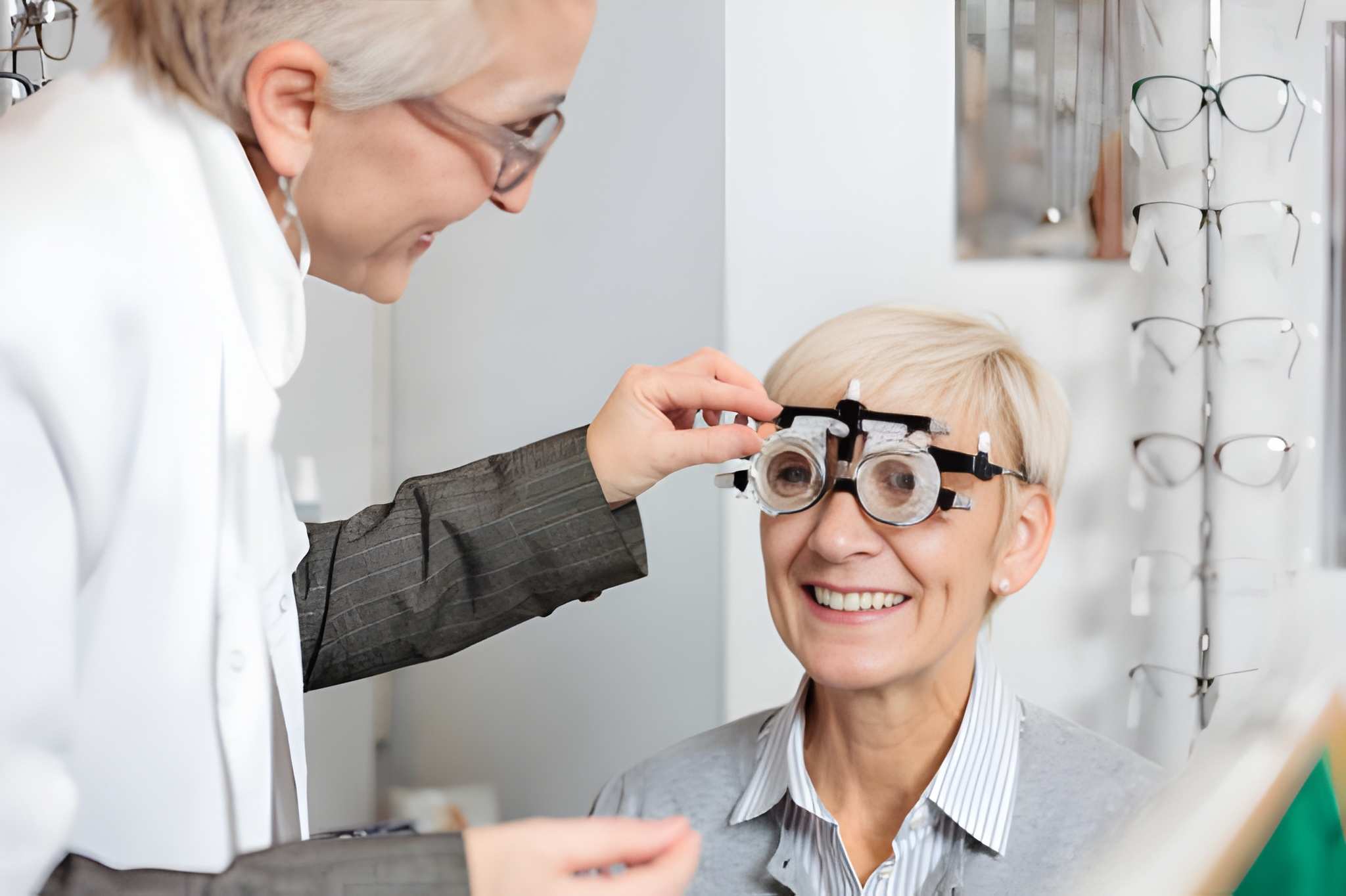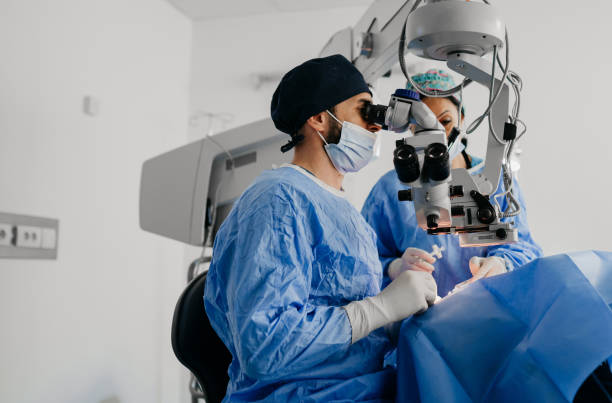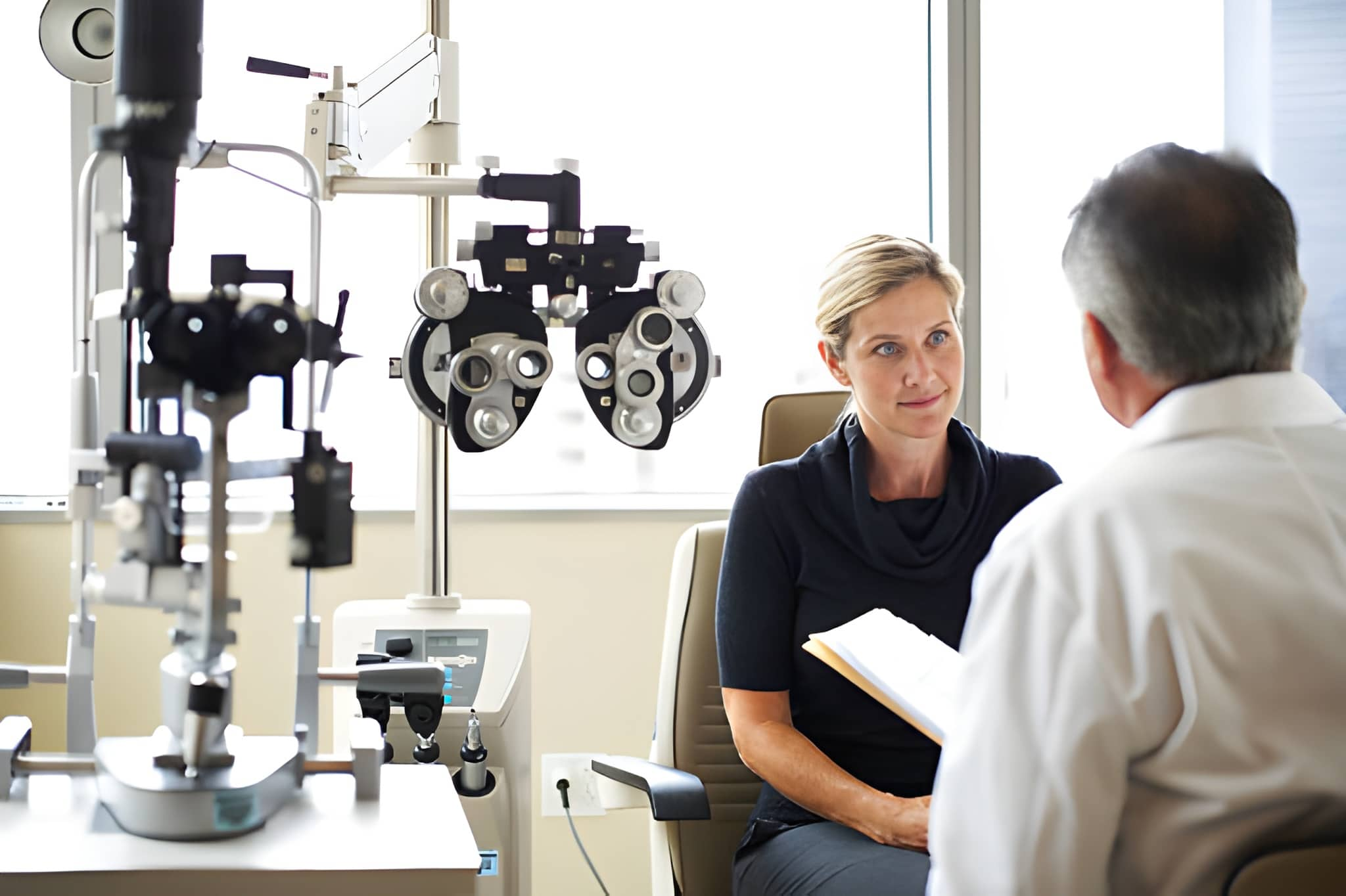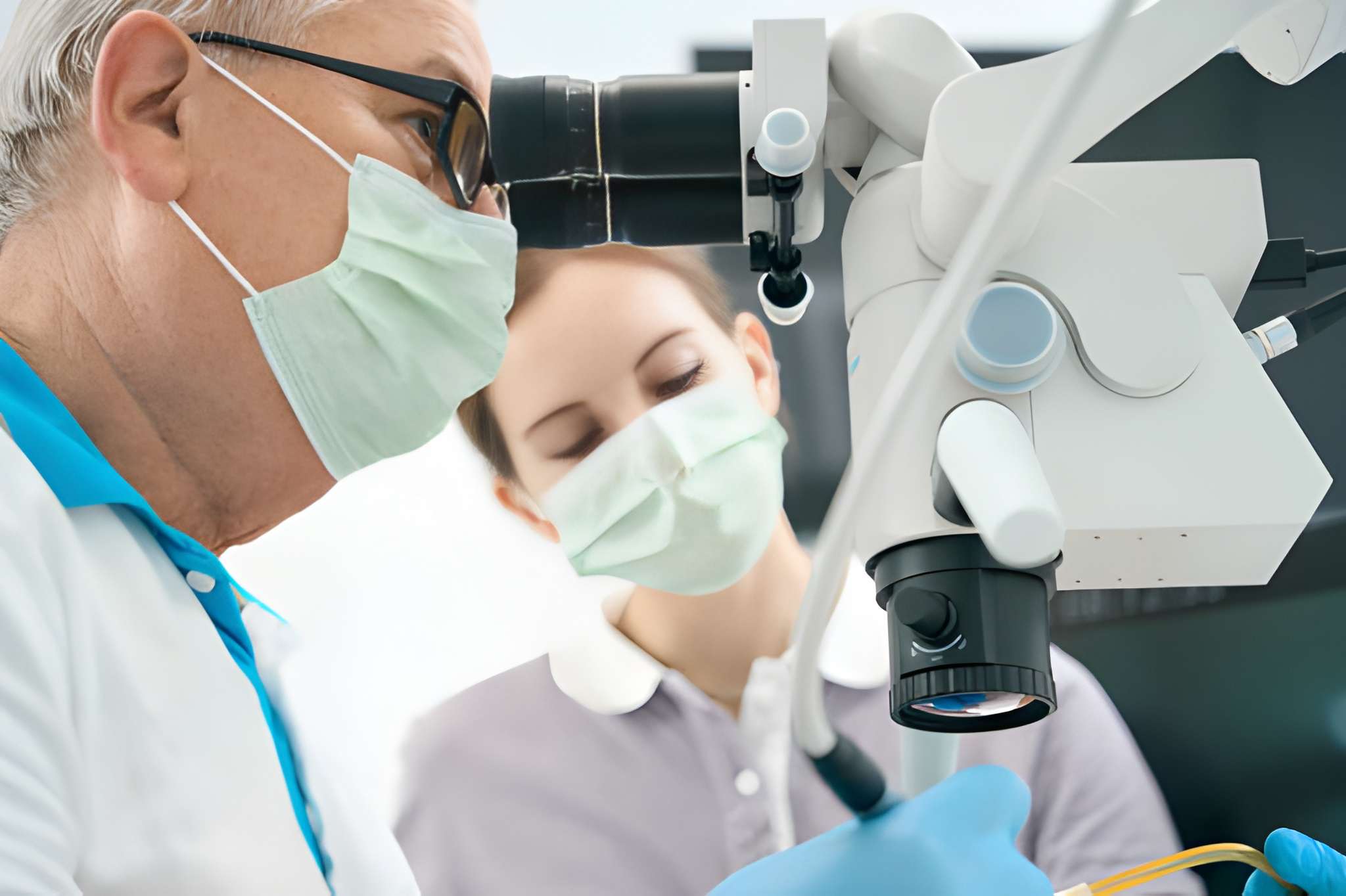Maintaining the health and beauty of your eyes is more critical than ever. Your eyes are not only the windows to your soul but also a significant aspect of your overall health. Here’s an in-depth look at How to Keep your Eyes Healthy and Beautiful?
10 Tips to Keep Your Eyes Healthy and Beautiful
Frequent Eye Breaks To Keep Your Eyes Beautiful & Healthy:
Staring at screens, whether for work or leisure, can cause eye strain and digital eye fatigue, also known as computer vision syndrome. The 20-20-20 rule is a great starting point: every 20 minutes, look at something 20 feet away for at least 20 seconds. This practice reduces eye fatigue, eye dryness, and discomfort. It’s also essential to adjust your screen’s settings. Bright screens can be harsh on your eyes, so find a balance that works for you. In addition, ensure proper ergonomics with an ergonomic chair and keyboard to reduce neck and eye strain, and blink often to keep your eyes moist.
Adequate Sleep Can Keep your Eyes Relax and Beautiful:
A good night’s sleep is essential for overall well-being, but it’s equally vital for your eye health. During deep sleep, your eyes get a chance to rest and repair, which is crucial for maintaining healthy eyes. Insufficient sleep can lead to a host of eye issues, including puffy eyes and dark circles. Your eyes need a break from constant stimulation, so make sure you’re getting 7-8 hours of quality sleep each night to allow your eyes to recover and rejuvenate.
Take Balanced Diet to Maintain Healthy & Beautiful Eyes:
The foods you consume play a significant role in your eye health. Omega-3 fatty acids found in fatty fish like salmon, trout, and mackerel promote healthy vision by reducing the risk of dry eyes and macular degeneration. Leafy greens, like kale and spinach, are rich in lutein and zeaxanthin, antioxidants that protect against age-related eye conditions, such as cataracts and macular degeneration. Zinc, present in nuts, seeds, and lean meats, supports the retina and may prevent night blindness. Vitamins A, C, and E are essential for good vision and protecting your eyes from oxidative stress. Consider adding these nutrients to your diet through sources like carrots (rich in vitamin A), citrus fruits (a source of vitamin C), and almonds (packed with vitamin E). By incorporating these nutrient-rich foods into your diet, you’re investing in the long-term health and beauty of your eyes.
Stay Hydrated
Dehydration can cause dry, itchy eyes, as it leads to reduced tear production and poor eye lubrication. Make it a habit to drink plenty of water throughout the day, as proper hydration helps maintain the tear film that protects and lubricates the eyes. In addition to drinking water, consuming water-rich foods like watermelon and cucumber can contribute to your overall hydration and benefit your eye health. Avoid excessive consumption of caffeine and alcohol, as they can dehydrate your body and, consequently, your eyes.
Protect Your Eyes from UV Rays:
Excessive UV exposure can lead to cataracts, macular degeneration, and pterygium. To protect your eyes from the harmful effects of UV radiation, invest in high-quality sunglasses that provide 100% UVA and UVB protection. Look for sunglasses that offer polarization to reduce glare and enhance visual comfort. You can also consider photochromic lenses that adapt to changing light conditions, providing you with consistent UV protection, whether you’re indoors or outdoors. Additionally, don’t forget a wide-brimmed hat on sunny days for added protection. A hat not only shields your eyes from direct sunlight but also reduces glare and enhances overall comfort on bright, sunny days.
Quit Smoking to Keep your Eyes Beautiful:
Smoking not only endangers your lungs but also has severe implications for your eyes. It increases the risk of cataracts, macular degeneration, and damage to the optic nerve. Quitting smoking is a valuable step toward both better health and more beautiful eyes. Smoking is linked to a higher risk of developing age-related macular degeneration (AMD), a leading cause of vision loss. It also increases the chances of cataracts, which can cloud the eye’s natural lens. Furthermore, smoking can damage the optic nerve, which is critical for transmitting visual information from your eyes to your brain. Quitting smoking is an investment in your overall health and your eye health, potentially reducing the risk of these vision-related issues.
Practice Good Screen Hygiene:
Proper screen hygiene includes adjusting screen settings to reduce glare and eye strain. Bright screens can be harsh on your eyes, so find a balance that works for you. Ensure your screen is at eye level to avoid neck strain, and maintain proper posture when working or using digital devices. Adequate lighting is crucial—position your screen to avoid reflections and consider blue light filters to reduce the exposure to harmful blue light. Blue light filters are especially beneficial if you spend long hours in front of digital screens, as they can reduce eye strain and help maintain your natural circadian rhythm. In addition, take regular breaks, blink often, and consider using lubricating eye drops if your eyes become dry and uncomfortable. These practices can significantly reduce digital eye fatigue and discomfort.
Regular Eye Check-ups:
Even if you have perfect vision, regular eye check-ups are essential. Eye exams can detect early signs of eye diseases and other health issues like diabetes and high blood pressure. The American Academy of Ophthalmology recommends adults have a comprehensive eye exam at age 40 to check for common age-related eye conditions, and to follow their eye care professional’s recommendations for check-up frequency and vision correction. These check-ups can uncover issues that you might not notice in your day-to-day life, such as glaucoma or retinal problems. Early detection is key to successful treatment, so don’t skip your regular eye exams.
Gentle Eye Care:
The skin around your eyes is delicate and prone to early signs of aging. When removing makeup or applying eye drops, be gentle to avoid stretching or damaging this sensitive area. Use a soft makeup remover and cotton pads to minimize friction, and always remove makeup before going to bed to prevent clogged pores and irritation. Opt for hypoallergenic, fragrance-free products to minimize the risk of allergies or irritations, especially if you have sensitive skin. When using eye drops, ensure the dropper doesn’t touch your eye’s surface to prevent contamination. In addition, consider using a humidifier in dry environments to maintain the optimal moisture levels for your eyes, preventing dryness and discomfort.
Managing Stress is Another Way to Keep Your Eyes Healthy:
Stress not only affects your overall health but can also manifest in your eyes. Chronic stress can lead to eye strain, twitching, or even vision problems. Incorporate stress-reduction techniques into your daily routine, such as meditation, yoga, or deep breathing exercises. These practices can help you unwind, reduce anxiety, and improve your overall well-being, including your eye health. Stress reduction can lead to better sleep quality, less eye strain, and fewer incidents of dry eyes and discomfort. Finding healthy ways to manage stress is an investment in your long-term eye health and overall quality of life.
By following these comprehensive guidelines and implementing the additional tips, you can ensure that your eyes not only remain healthy but also radiate vitality and charm. Remember that your eye health reflects your overall well-being, so nurturing your eyes is an investment in a more beautiful and vibrant you. Your eyes are the mirrors of your soul, so keep them bright and beautiful. We Hope that now you have a proper Answer of How to Keep your Eyes Healthy and Beautiful?



